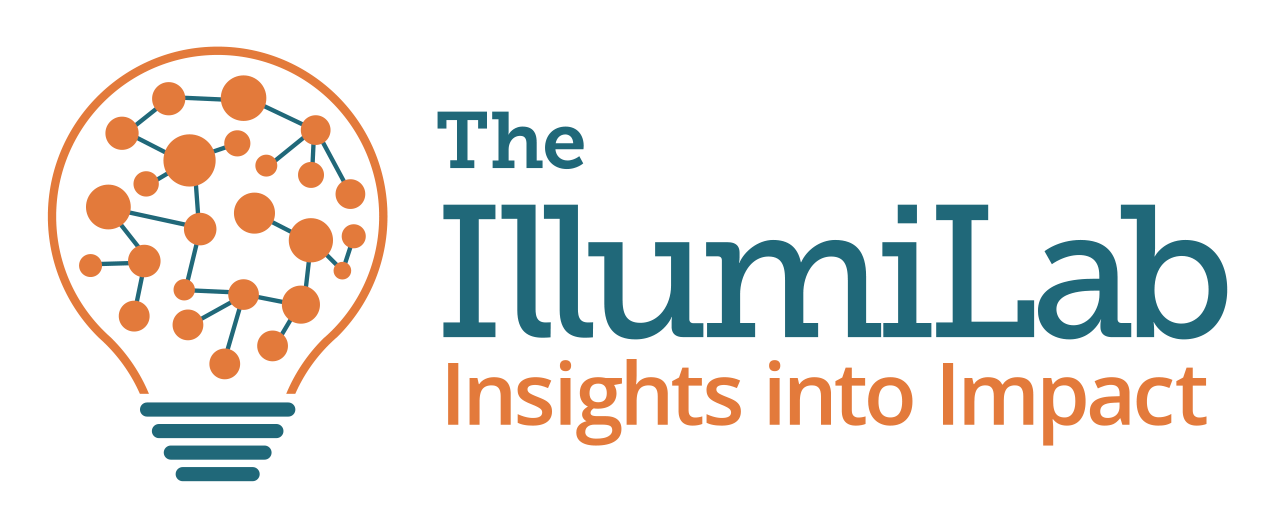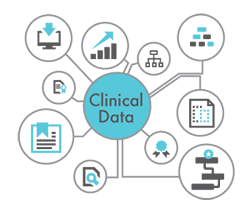Do Outcomes Have to Represent Change?
The Challenge of Change Through my consulting and training work, I hear nonprofits share a common challenge: “We know our program’s purpose and value, but funders want more. It’s not enough.” Programs that are in the business of treatment or behavior change – counseling, therapy, skill-building, training, education – don’t face this particular struggle. Their[…]










